Three different news-stories/articles came to my notice today all connected by the infamous brood parasite the cuckoo. The first is a part of Olivia Judson’s blog (on the NYTimes) on biology and life (read Cuckoo! Cuckoo! here), the second is is about how scientists have tried to understand what it is that the cuckoo does to trick other birds into caring for the cuckoo’s eggs (read, Scientists Get Bird’s-Eye View of How Cuckoos Fool Their Hosts) and the third is regarding a new way of engineering design and optimization inspired by the Cuckoo! (read about the ‘Cuckoo Search Algorithm‘ here) .
Olivia Judson makes a very important point about how our perceptual systems prevent us from seeing the world “as is.” For instance, as it turns out what we “see” when we see a cuckoo’s egg is very different from what the bird sees. As one of the articles say:
In the past, this kind of analysis was tackled by humans comparing eggs by eye, but human vision differs hugely from that of a bird. Birds can see ultraviolet light and because they have four types of cone in their eyes, compared with three in humans, they see a greater diversity of colour and pattern.
What this means is that over evolutionary time, cuckoos and the host birds are engaged in an arms-race to develop better and better deception (on the cuckoo’s part) and detection (on the part of the host birds) mechanisms. As a consequence one of the host birds studied:
… lay probably the most diverse range of eggs of any bird in the world, and this is likely to be an outcome of the long co-evolutionary battle with the Cuckoo Finch.
The eggs are analogous to a bank note, in terms of the variety and complexity of markings, perhaps to make them very hard to forge by the parasite.
So the same techniques used by currency designers to reduce forgery (the intricate markings that are the defining characteristics of today’s currency notes) is used by the host birds as well. Of course forgers keep coming up with better techniques to trick us, as do the cuckoo birds… all this of course leading to a runaway race where every innovation by the forgers (read cuckoo birds) has to be matched by the police (read host birds).
Now, it turns out that a couple of engineers have take this a step further, utilizing the idea of this evolutionary war to develop a better search algorithm! So what we have here is an interesting confluence of evolutionary forces and the manner in which scientists have tried to understand how these forces work and leading to the development of new technologies and techniques for solving engineering problems. How very cool is that!
All this is interesting in and of itself, but there is a deeper point about perception being made here that I would like to highlight. Olivia Judson says it much more eloquently than I ever could, so I quote:
Which makes me wonder: what are we missing? Like the birds — like any organism — our sensory system defines the way we perceive and interact with the world, and it is limited in important ways…
And in a more metaphorical way, the sight of the cuckoo chick makes me wonder what we miss by our routine habits of thought. To what extent do our preconceived notions narrow our perception of the planet, and ourselves?
What a great question? What are we not seeing? How do we learn to see?
Followers of this blog (and people who have seen my presentations on creativity) know that this idea of “learning to see,” is in my opinion, the most critical first step towards being creative. I have talked of this in terms of “recognition v.s. perception” and it underlies my arguments for repurposing technology (that I go on and on about, most recently here). I think it is important that we continually ask ourselves this question that Olivia Judson leaves us with:
To what extent do our preconceived notions narrow our perception of the planet, and ourselves?
In other words, what are we not seeing?
(H/T Ken Friedman for the first and third links and Google for the third).

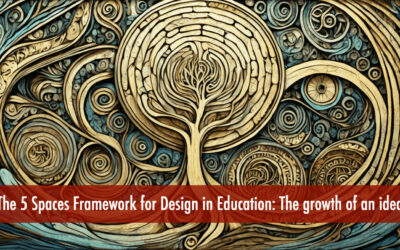
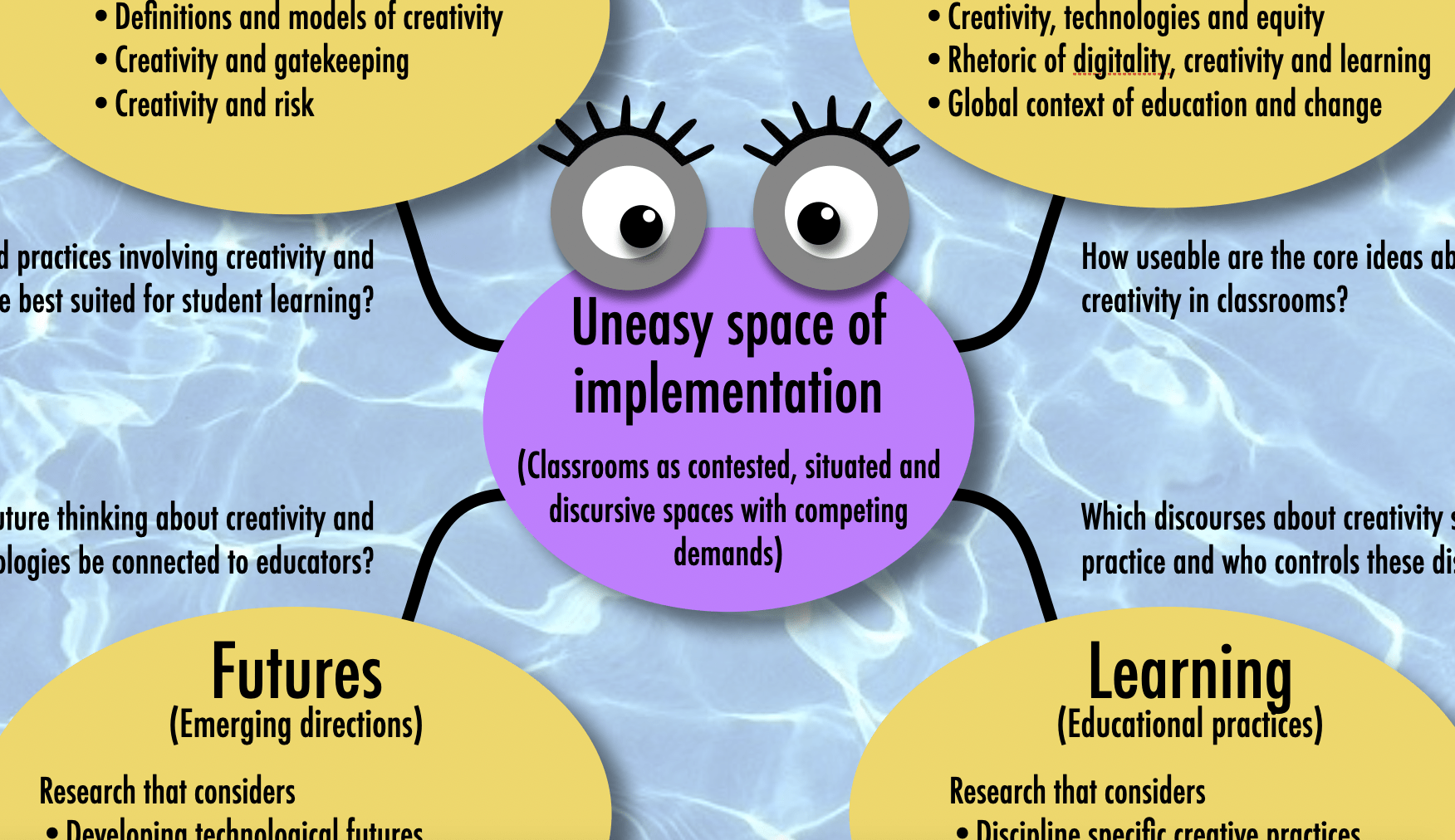
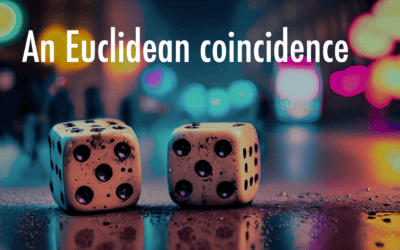
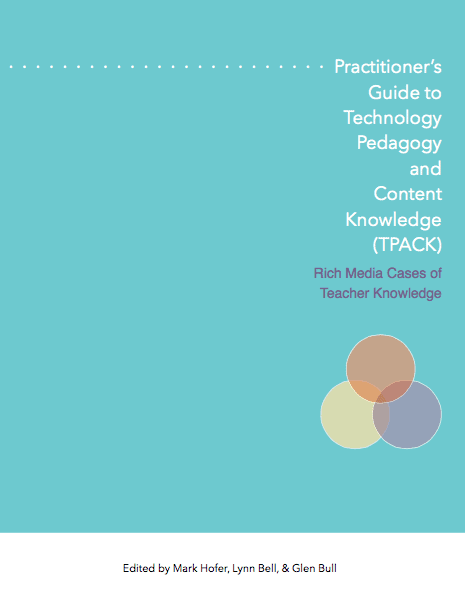
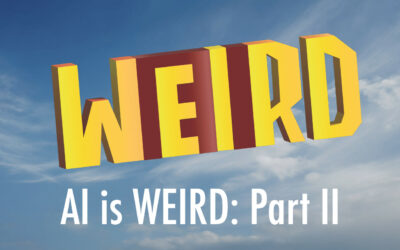

0 Comments
Trackbacks/Pingbacks